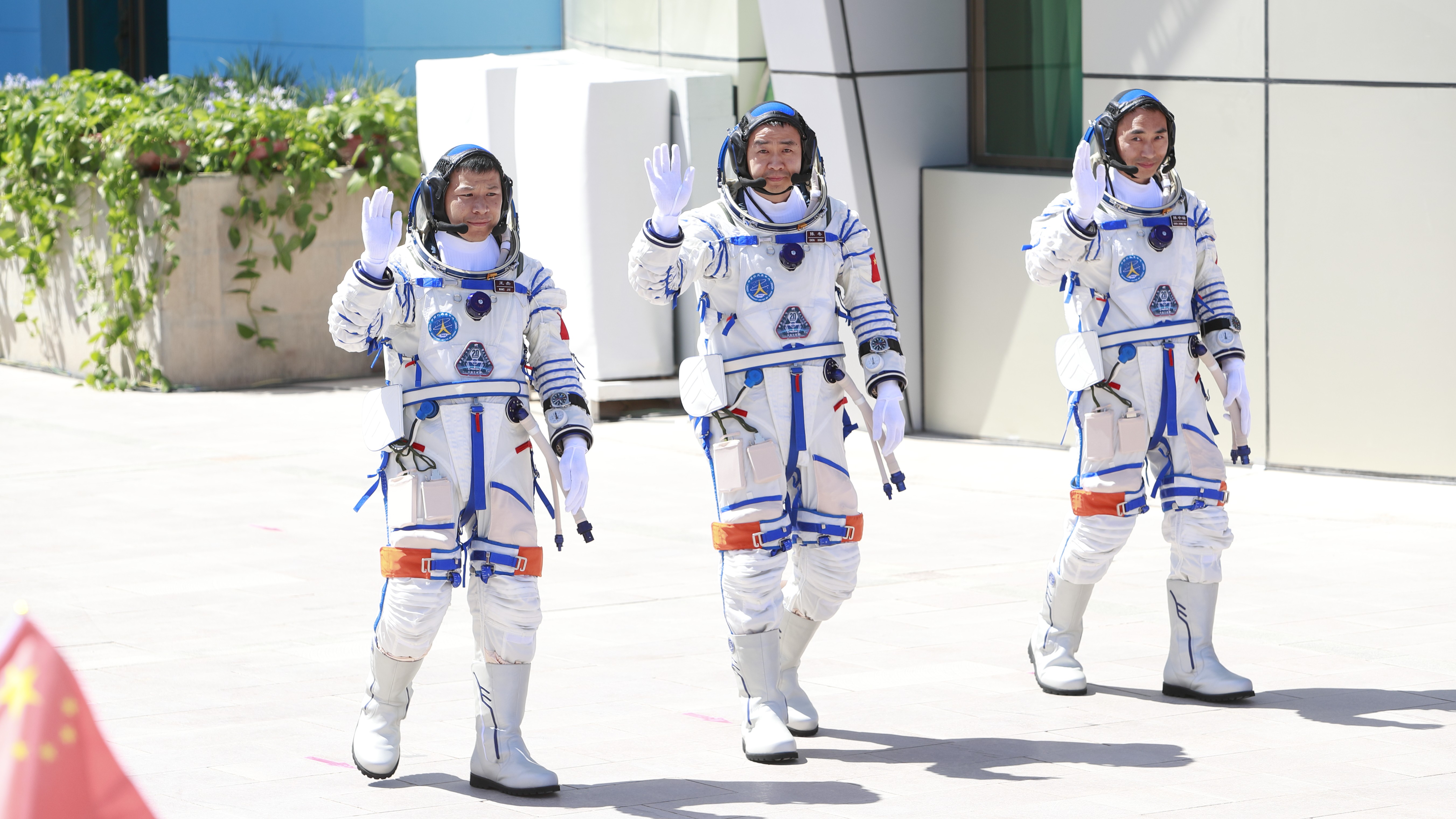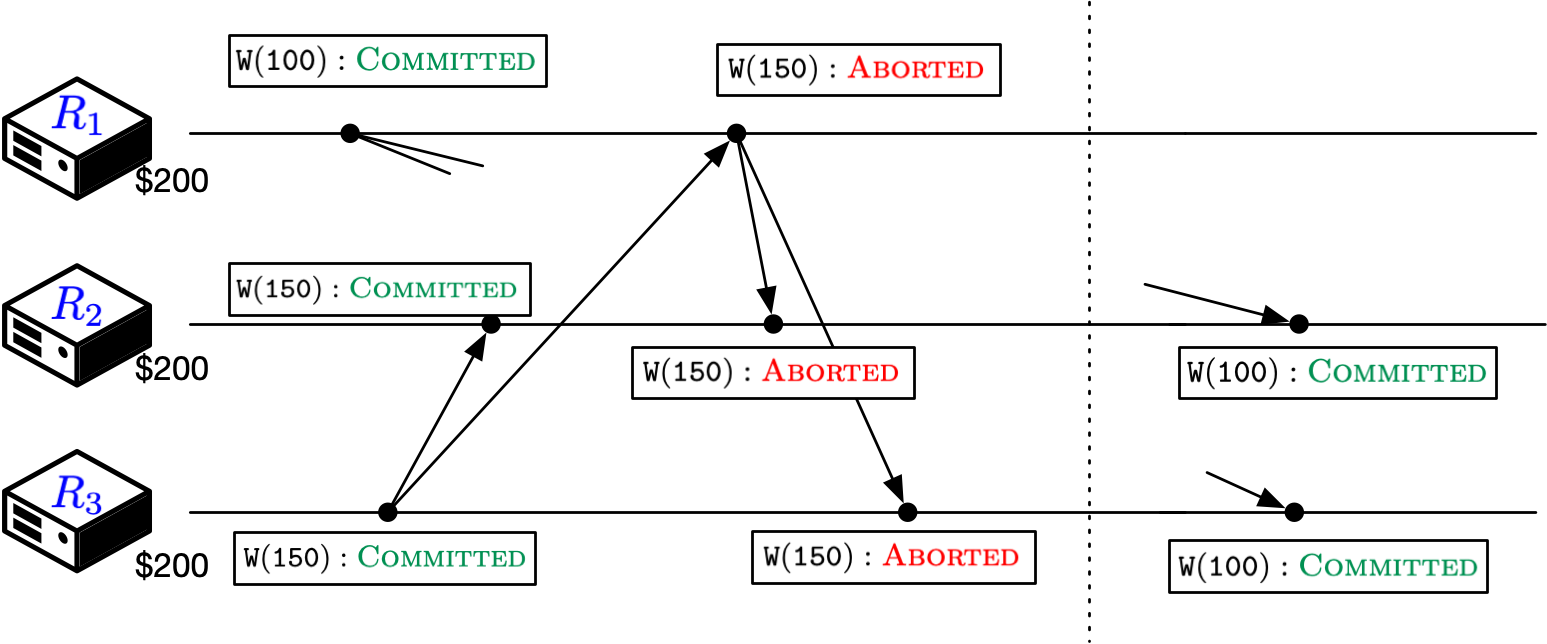Three Chinese astronauts have returned to Earth after a suspected piece of space junk left them stranded on China's Tiangong space station, officials have announced.
Chen Dong, Wang Jie and Chen Zhongrui — the crew of China’s Shenzhou-20 mission — left the space station in a return capsule and landed in northern China's Inner Mongolia Autonomous Region on Friday (Nov. 14), Chinese state-run news agency Xinhua reported. The crew spent 204 days in orbit, a new record for a taikonaut (Chinese astronaut) crew.
The taikonaut trio began their record-breaking stay at the Tiangong space station — Mandarin for "heavenly palace" — in April. They were originally due to return to Earth on Nov. 5 but were forced to extend their time in space after their original return capsule was struck by an object, believed to be space debris, just hours before it was due to depart.
Earlier this week, representatives from the China Manned Space Agency (CMSA) said that engineers were performing tests on a backup capsule to bring the stranded taikonauts home. The Shenzhou-20 crew has now come back in the return capsule of the Shenzhou-21 spaceship, which carried their replacement crew to the space station.
The Shenzhou-21 spaceship undocked from the Tiangong space station on Friday at 11:14 a.m. Beijing time (10:14 p.m. ET on Thursday, Nov. 13). Then, the return capsule containing the taikonauts separated from the Shenzhou-21's orbital capsule at 2:49 p.m. Beijing time (1:49 a.m. ET), before landing on Earth at 4:40 p.m. Beijing time (3:40 a.m. ET), Xinhua reported.
There's still uncertainty surrounding exactly what happened to the original return capsule. However, the amount of space junk around Earth is increasing, with things like rocket boosters and other discarded space travel objects cluttering up the place and increasing the risk of collisions with crewed spacecraft.
The Shenzhou-20 crewmembers are reportedly in good health after their eventful stay, according to Xinhua. Their 204 days in orbit may be a record for Chinese crews, but it's far from the longest time humans have spent in space. NASA astronauts Butch Wilmore and Sunita Williams were famously on the International Space Station (ISS) for 286 consecutive days between 2024 and 2025 due to issues with Boeing's Starliner, which returned to Earth without any passengers. The astronauts were eventually brought home aboard a SpaceX spacecraft, 272 days after they were scheduled to return to Earth.
However, astronauts often have long stays at the ISS, with astronaut Frank Rubio setting the American record after accidentally spending 371 days there between 2022 and 2023.
Cosmonaut Valeri Polyakov has the world record — or out-of-this-world record — for the most consecutive days spent in space, having worked on Russia's former Mir space station for 437 days, between 1994 and 1995.
Spending prolonged periods in space can have a variety of health impacts, but any changes in the body typically revert to normal within six months of returning to Earth. That said, researchers still have a lot to learn about how space travel affects human health.
.png)




